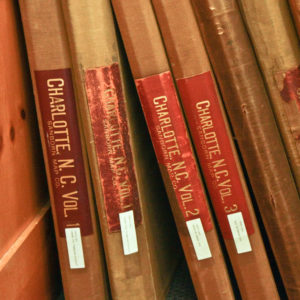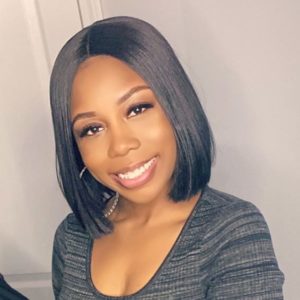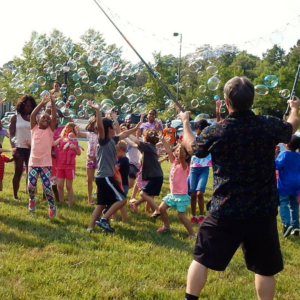“The Library can provide a community connection for a population that is literally cut off”
Pamela McCarter is on a mission to help incarcerated teens recast themselves as heroes. And reading is the key.
The American Library Association’s Great Stories Club provides grants to library-led book clubs that enable youth facing significant challenges the opportunity to read, reflect, and share ideas. As a member of Charlotte Mecklenburg Library’s outreach department, Pamela works with inmates at Jail North, and knew this year’s Great Stories theme – Truth, Racial Healing and Transformation – was a perfect fit for teens in the jail’s GED English class. She was awarded a grant to develop and deliver a curriculum using books around the topic What makes a hero?
Pamela spent two days in Chicago with 40 other grantees from libraries across the country. They addressed racial sensitivity and personal bias, and shared activity and curriculum ideas. “This is difficult material for many readers, and it’s important to get your own bias in check first. The training is important for Great Stories, but it’s also valuable as the Library increasingly engages in conversations about sensitive topics across our community,” she explains.
The four titles the teens will read each feature a distinct hero representing diverse situations and settings. “I know these books will resonate. They introduce hard-hitting, real-world examples of the strength it takes to be a hero.”
The book club will meet twice monthly from January through April as a complement to the teens’ GED English class, and Pamela will spend two sessions on each book. She’s especially excited to involve community members in the book discussions, “the Library can provide a community connection for a population that is literally cut off. I can talk about the books, but bringing in people who’ve lived some aspect of each book lends authenticity to the conversation.” Pamela has invited a Holocaust survivor, a poet, a male mentor, and a graphic novelist to speak with the students. “It’s important to introduce them to people and resources who can be role models when they are released, and to show them new, more positive ways to vent frustration and express themselves – to demonstrate that the way you know isn’t the only way.”
Pamela also represents the Library on the County’s Equity and Inclusion Council, and she knows these topics aren’t only for at-risk populations. To bridge a divide, she says, all sides of the bridge need attention, and she plans to adapt and replicate these book discussions for Library programs in other environments.
But first, she’s excited to make a big difference with Great Stories. “It means a lot to me to bring these young adults books and discussion that will make them think and may impact their behavior. It’s also a powerful introduction to the Library. Upon their release, we want to see these teens at Library locations. We want them to be lifelong readers.”



